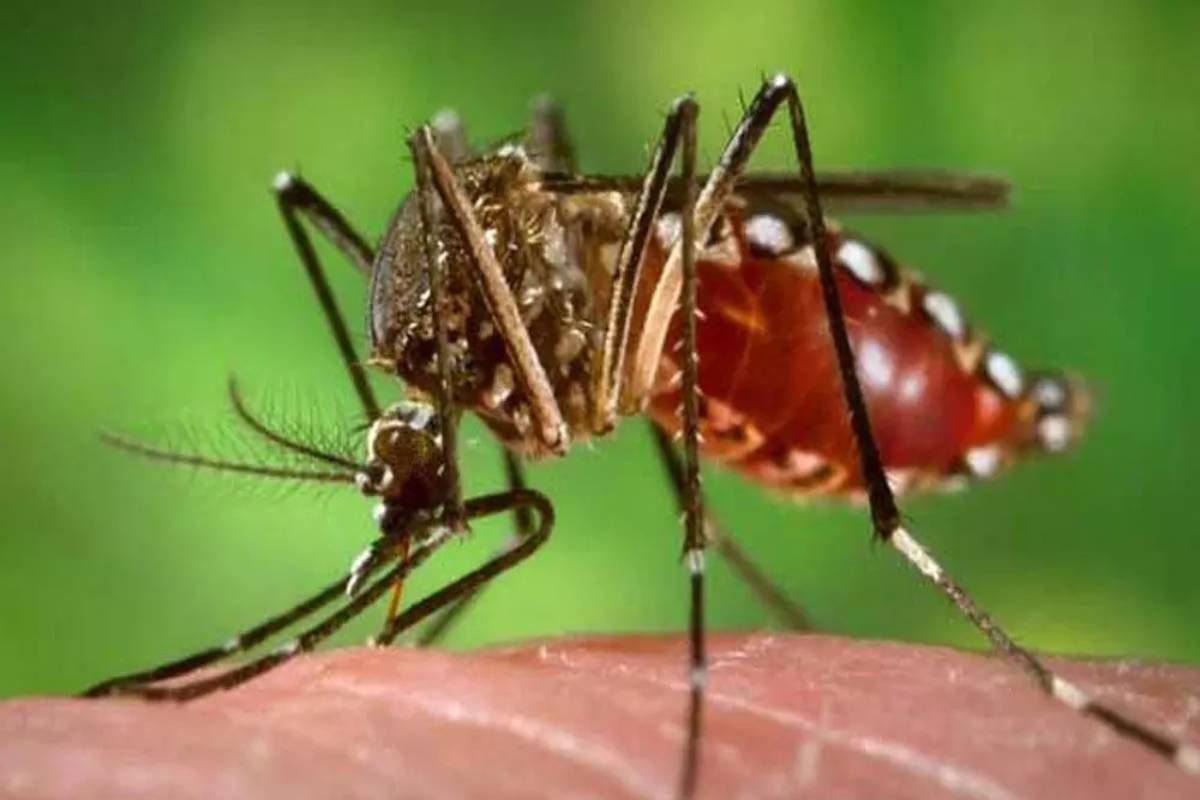Slow wind speed and sudden drop in temperatures caused spike in AQI, may witness improvement: Rai
GRAP- III restrictions will not come into force for now as the air quality may witness improvement: Rai
The heavy rainfall and flooding in the city have provided conducive conditions for mosquito breeding, exacerbating the situation.

Representational Image
Dengue cases in Delhi have reached the highest level in five years, with nearly 190 reported from January 1 to July 22, 2023. July witnessed the highest number of cases at 65, followed by 40 in June and 23 in May. The heavy rainfall and flooding in the city have provided conducive conditions for mosquito breeding, exacerbating the situation.
Medical experts state that there are four dengue virus serotypes – DENV-1, DENV-2, DENV-3, and DENV-4. DENV-2 is particularly severe and common, with the potential to cause dengue haemorrhagic fever. While the mortality rate is not high, dengue can become life-threatening in cases of reinfection.
Symptoms of dengue fever may include high fever (104 F), headache, nausea, vomiting, pain behind the eyes, swollen glands, rash, and muscle, bone, or joint pain. It is crucial to seek medical attention if experiencing any of these symptoms.
Advertisement
To reduce the likelihood of contracting dengue and other mosquito-borne diseases, it is essential to take appropriate precautionary measures. Here are some preventive actions that can help mitigate the risk:
1. Use mosquito repellents: Apply insect repellents containing DEET, picaridin, or other recommended ingredients to exposed skin.
2. Wear protective clothing: Cover exposed skin with long-sleeved shirts, long pants, and socks, especially during peak mosquito activity hours.
3. Eliminate mosquito breeding sites: Regularly empty, clean, or cover containers that can hold stagnant water, such as flower pots, tires, and water storage containers.
4. Install window screens: Fit windows and doors with screens to prevent mosquitoes from entering living spaces.
5. Seek medical attention: If you experience persistent symptoms or suspect dengue or malaria infection, promptly consult a healthcare professional for diagnosis and treatment.
1. Do not ignore symptoms: Take any symptoms related to dengue or malaria seriously and avoid self-medication. Early diagnosis and treatment are crucial for better outcomes.
2. Avoid mosquito bites: Minimize outdoor activities during peak mosquito hours, which are usually early morning and late afternoon. Use mosquito nets while sleeping and ensure the use of protective measures in high-risk areas.
3. Do not let water stagnate: Prevent the accumulation of water in and around your living spaces to discourage mosquito breeding.
4. Refrain from using ineffective mosquito control methods: Use scientifically proven methods for mosquito control and avoid relying solely on unverified techniques or devices.
By following these preventive measures, you can lower the risk of mosquito-borne diseases and protect your health.
Advertisement